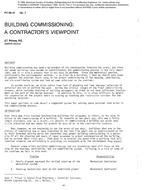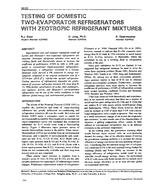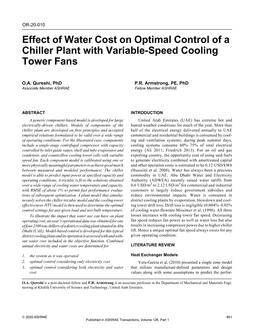Compact wood frame roofs typically need a vapor and air barrier at the warm side to avoid interstitial condensation due to vapor diffusion and air leakage from the interior. A vapour barrier such as a polyethylene foil does not, however, allow drying of moisture to the interior, making the construction vulnerable to moisture damages. A so-called smart vapour barrier or retarder could allow condensed moisture, built-in moisture, or moisture from minor leakages to dry to the interior. The concept of smart vapour barriers has been known for some time; such a barrier consists of a material that changes its vapour resistance according to the level of relative humidity in the surrounding air.
The application of smart vapour barriers and retarders in compact wood frame roofs was investigated in this study. The study was performed by laboratory measurements. The concept was to investigate how four different types of smart vapour barriers/ retarders performed during typical summer conditions, including an innovative product that has a much broader variation in its vapour resistance than previously known commercial products. The rate of drying was measured and internal humidity conditions within the roof structures were monitored. The various smart vapour barriers were found to function quite differently in regard to their ability to enhance the drying to the interior.
Presented at Thermal Performance of Exterior Envelopes of Whole Buildings XII, December 2013
Citation: Thermal Performance of Exterior Envelopes of Whole Buildings XII
Product Details
- Published:
- 2013
- Number of Pages:
- 8
- File Size:
- 1 file , 3 MB
- Product Code(s):
- D-BldConf13-12


